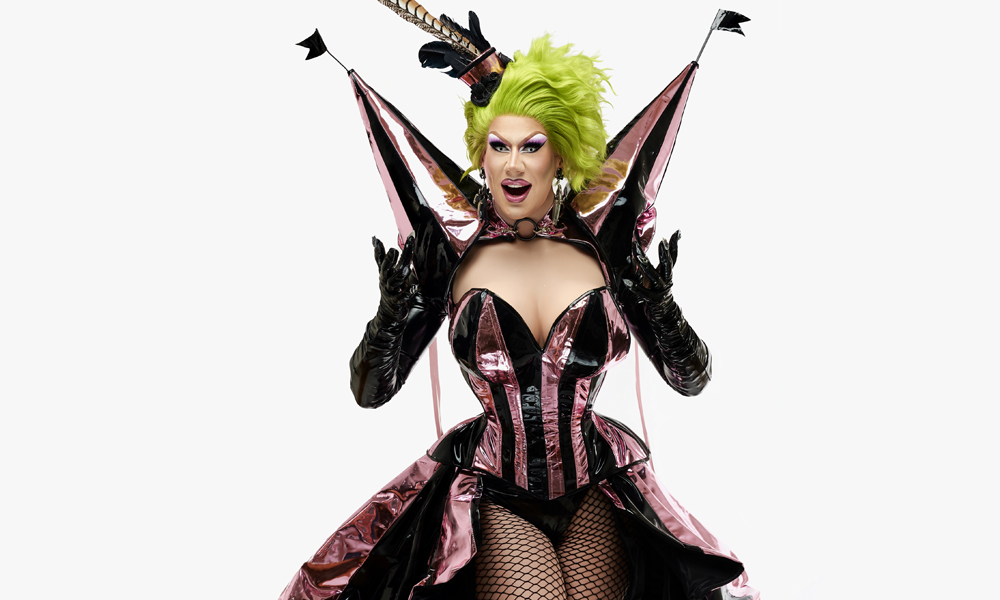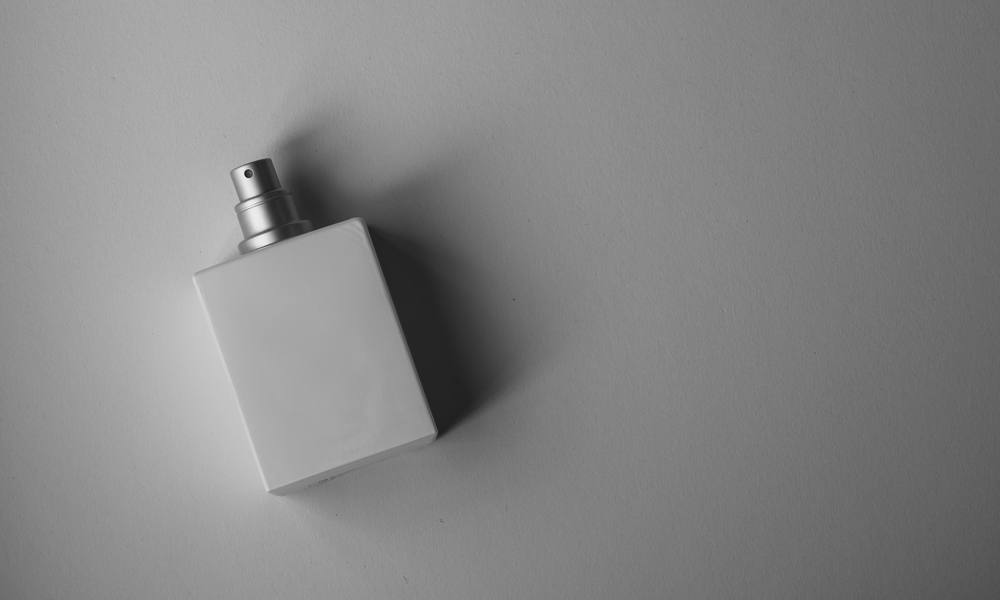Maybe the real remedy for the addiction and depression epidemic is not sobriety, but rather a deeper connection with ourselves and one another…
By Michael DeCorte
The world can often appear a happy and promising place through our filtered social media lenses, and our high-tech devices are enabling us to ‘connect’ globally at lightning speeds, yet depression and addiction rates are soaring higher than ever. This troubling reality strongly suggests a deep need for us to make an inventory of ourselves to identify the underlying problem – and its solution – so that we can become happier and healthier and truly connect with one another.
US television headlines are blasting that life expectancy is declining at an alarming rate due to overdose and suicide, and the Canadian Medical Association Journal is reporting similar trends. Drug overdoses are now the number one cause of death in America for people under age 50, with Canada coming up not too far behind. And Canadian depression rates have increased by an alarming 18 per cent in the last decade.
So it’s clear that there is an urgent need for a broad and collective self-reflection. However, we need not just a quick acknowledgement of the areas where we are doing well socially and personally, but a much more meaningful self-searching – and with that, a willingness to evolve based on our findings.
At this time of year in particular – with winter hibernation ending, excitement awakening for warmer temperatures and, for the LGBT community specifically, Pride being on the not-so-distant summer horizon – many of us are inclined to improve ourselves: that is, we are apt to eat healthier and exercise more. But if the yearly cycle of body and image polishing co-exists with the aforementioned decline in North American lives, it suggests a deeper problem, one that our attempts at physical self-development and image-upholding aren’t quite meeting.
There can exist considerable pressure in the gay community to look good and maintain a ‘bar face’ or image that might not be a true, or at least an intimate, presentation of who we really are.
Perhaps there’s a way we could search for areas in our lives where we could develop ourselves beyond the physical, and identify how we can get closer to our innermost selves and then connect with each other.
A recent article in Psychology Today suggests that sobriety isn’t the opposite of addiction – connection is.
The idea that addiction (and, with it, depression) isn’t a substance disorder but rather a social disorder, didn’t appeal to me when I first read about it. I’m in recovery myself, after an earlier stint as a club-kid-promoter in the Toronto gay scene. Thanks to help from countless people in the city’s thriving recovery community, I’ve been sober from my major addictions for nearly two decades.
When I say “my major addictions,” I mean I’ve been abstinent from drugs and alcohol – but other addictive patterns and behaviours have continued long into my ‘sobriety.’
I wrote this article because I wanted to share my experience and begin a dialogue around the subject of vulnerability.
A popular idea exists that the ‘universal is in the particular’ and vice versa. For the purpose of this piece, this can be taken as meaning that the more vulnerable and intimate someone is, the more universally they are received by a collective who all share the same human experiences.
Shame and vulnerability researcher Brené Brown claims the bottom line with shame is that “the less you talk about it, the more you got it…. Shame cannot survive being spoken.”
So it stands to reason that when we share our secrets, we are freed from their power. Likewise, when we share our feelings with others, the identification they experience can also liberate them from the grip of their own shame. Because no one likes to be told what to do, the easiest way to carry a message with motivation is by telling a story that others can identify with: a message that contains hope for something better.
So here’s a little intimate experience: Late-night large pizzas, two pints of Ben & Jerry’s, and obsessive flipping back and forth between a couple of sex apps: these are a few of my least favourite things. You wouldn’t be able to gauge my disdain for such behaviour, though, based on the frequency with which I engaged in it.
These behaviours are some of my deepest, darkest secrets. Probably not what you’d expect of a health and wellness professional. Am I right? I’ve been unintentionally single my entire life, for reasons I just couldn’t figure out. I work on my body and spirit constantly and have desired nothing more than a loving relationship.
About a year ago, I became enamoured with a friend, but I found myself – as always – too fearful to tell him I liked him. Though I had failed to act on my feelings countless times before, this time I suppose I had had enough loneliness, and so I searched my soul for – and discovered – the fears that kept my true self isolated and running in my cyclical, lesser addictions. I know I’m not ugly, and I know that love is bigger than popularity and how rich I am, so what was I afraid of revealing? What was it that was keeping me isolated?
I dug and I dug, and when I had looked beneath every fear and arrived at the very depth of my soul-searching, it finally came to me: I had been terrified to let go of controlling how people might see me as potentially flawed, awkward and emotional. Emotional. I was scared of being perceived as emotional. I didn’t want to be seen as needy.
In identifying and touching these fears, I was able to lessen their impact on my life and move out of the stifled emotional isolation I was in.
As I’ve begun to emerge from these ‘bad habits,’ it has become apparent to me that in addition to the fears I have about revealing myself, I must carry with me some innate negative beliefs about who I actually am.
A few months into my new life without those late-night dates with Ben & Jerry and my other ‘extra-curricular’ app-tivities, I began to notice a little depression settling in. More specifically, I started hearing a small voice – at first a whisper – that would taunt my reflection while I was shaving or changing my clothes. ‘You’re getting old, Michael.’ ‘Look at those lines – your body isn’t what it used to be.’ ‘Your cheeks are hollow, and your face is drooping.’
The voice got louder and would wake me from an otherwise restful sleep to the reality that ‘I’m alone. I live in a bachelor apartment and I barely have anything for my age. And I’m getting older still.’
Startled, I began questioning why this depression was setting in now when I’ve done so much work on myself. Especially now in my sobriety – wasn’t everything supposed to be getting better? Wasn’t I supposed to be straightening out mentally, physically and emotionally as I conquered my spiritual sickness and isolation?
After scrambling to answer this question, I came to the realization that these negative thoughts about myself hadn’t just begun; they had been there all along! I had never recognized them, though, because I had been hushing those voices through binge eating, validation-seeking through momentary hookups, and my gym and body obsession.
These behaviours had become my lesser addictions, and they compounded the root problem of my shame and poor self-esteem.
If you find yourself engaging in repetitive and damaging behaviour, you can most likely diagnose yourself. I certainly can’t tell you what’s wrong with you. I can, however, tell you what’s wrong with me – and maybe this will prompt you to identify and look within yourself to see what’s there that doesn’t need to be.
So, if we search and discover something that we know is not truly serving us – and if we realize that blotting out our negative voices and poor self-appraisals through one-night stands (or 10-minute stands!), food bingeing and exercise addiction doesn’t actually remove the problem but instead perpetuates it – then what do we do?
We share it.
How do we share it?
We speak the language of the heart. We cut out the cattiness, and start to float back down to earth and share our humanity. We talk about our real problems and let others know they’re not alone.
What if we’re scared we won’t be accepted if we talk about our secrets?
We can come from a place of humility and trust that our true potential partners will accept us – because they will. And those who don’t accept our real and flawed selves are clearly the ones who we are not meant to connect with. It’s that simple.
Making a catty joke at another’s expense – essentially putting on a show to get a laugh – is a great example of an area where we can make a change to authenticity without even having to reveal a deep, dark secret. The target of our joke, if they’re absent, isn’t actually harmed by our words: we are! The unnecessary joke is simply creating space between the world and the perhaps gentler and kinder person we truly are. Saying nothing and instead allowing our more humble self to shine will connect us at a deeper level – and will actually boost our self-esteem because we chose kindness and remained true to ourselves.
In this way, we come out of our isolation and we connect – not over fashion or gossip or material things, but at the deepest level of our being. We remove the space between us where the bad habits and depression thrive, and instead we allow our true selves to bloom.
There are numerous resources in Canada for people who are struggling with addiction, depression and poor self-esteem. From psychotherapy at health clinics and meditation classes at the 519 Community Centre, to CAMH and LGBT-specific Twelve Step meetings, there are many ways to find and connect with people on a similar journey, and, hopefully, to realize you are no longer alone.
—
MICHAEL DECORTE is the founder of Jock Yoga and the author of an upcoming self-help book that utilizes connecting to our higher selves to overcome addiction and depression. When he is not writing for his wellness blog, michaeldecorte.com, you can find him kicking butts in yoga studios around Toronto. Follow him on social media at @michaeldecorte.

The Solution To Our Addictions?
Related Articles
Here’s Every Ru Girl That Joined Madonna On Stage For The ‘Vogue’ Ballroom Section Of The Celebration Tour
You Better Work! Here’s every queen from RuPaul’s Drag Race that joined Madonna on stage to help judge the vogueing ballroom portion of the show, where the gay icon’s dancers show off some of their best moves
Jimbo’s Drag Circus World Tour Is Coming To Your Town!
The Canada’s Drag Race alum and most recent All Stars winner talks to IN about her current tour, which characters she’s most excited to play on stage, and what city she’s most excited to perform in when she brings her tour across Canada
Take Note
Perfume notes that bridge the gender divide
Comments
4 CommentsPOST A COMMENT





Alo / 25 March 2019
Very well written article!
Lexi / 06 March 2019
Brought tears to my eyes at how clear and well you’ve described your experience. I can relate SO much. Awesome article.
Patrick M / 02 March 2019
Loved this article!
Genie and Ron / 01 March 2019
Very well written Michael. I truly admire your honesty and I love you for it. Keep writing ,keep healing and keep loving.
You should know that there are many people out there who love you and care about you